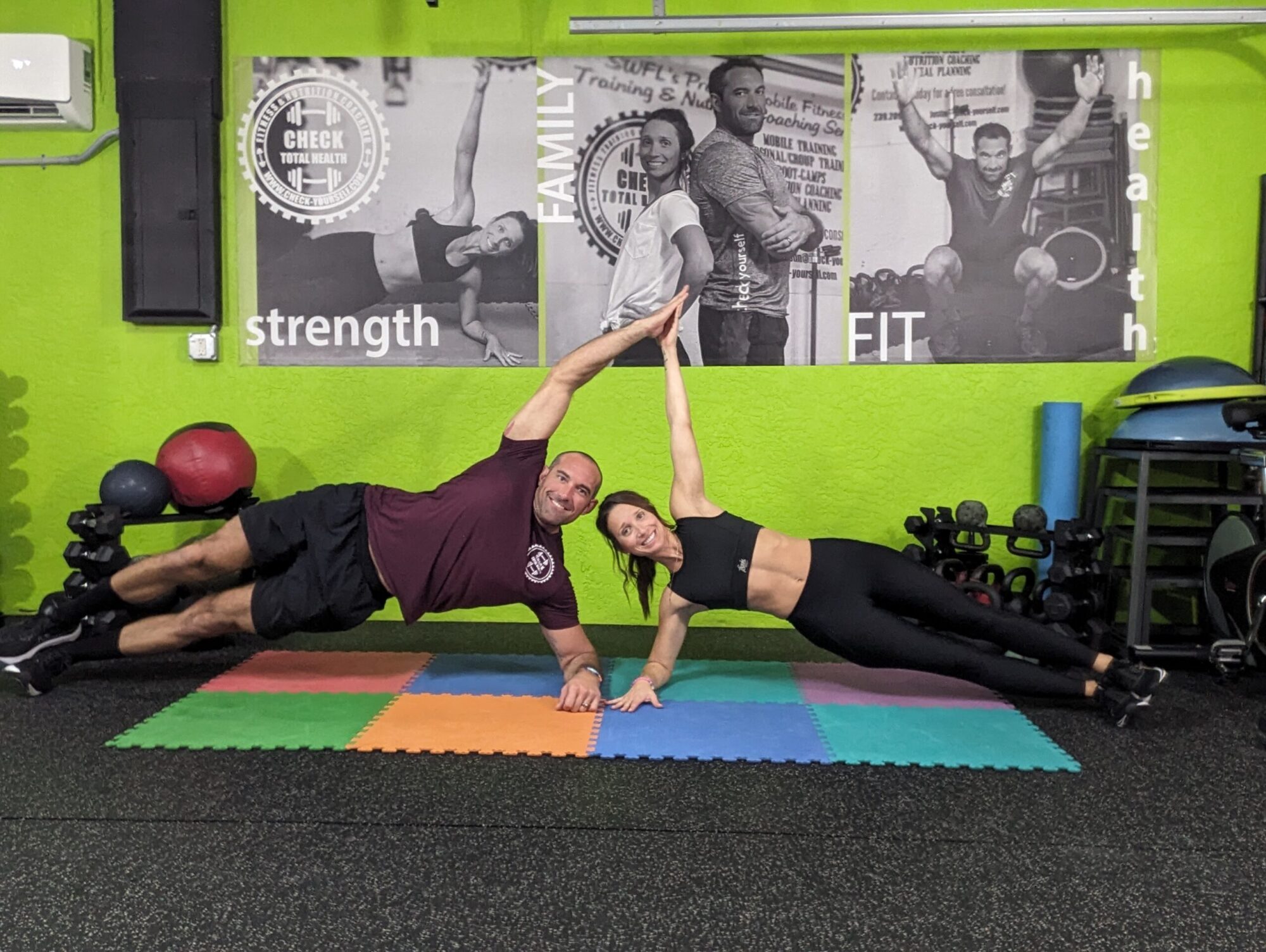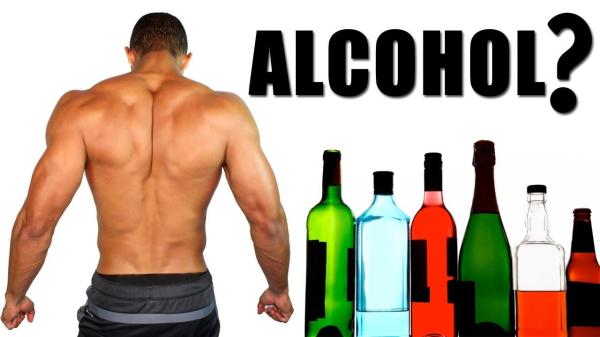“ALCOHOL SUPPLIES WHAT NUTRITIONISTS OFTEN REFER TO AS EMPTY CALORIES: CALORIES WITHOUT NUTRITION.”
We’re getting into the holiday season which means more gatherings and more drinking. Drinking alcohol has been a socially accepted recreation and the focus of parties since the paleolithic era (yes- even cave men got drunk.) Drinking is a hot topic up for speculation in the fitness world and a question I get hopefully asked about by my clients all the time…what about alcohol?
I enjoy drinking just as much as the next person, but I can tell you if you’re serious about getting in shape and as fit as possible then there’s no room for alcohol in your meal plan. There’s a long list of it’s negative effects on the body and performance which is why I limit it as much as possible and I suggest you do the same…here’s why.
1. Calories that take priority and offer no nutritional benefits- You have your three main macronutrients: carbohydrates, proteins, and fats…but there’s technically one more- alcohol. What sets alcohol apart is as soon as you begin to consume alcohol it takes precedence in your body to be metabolized and excreted which means fat, carbohydrate, and protein metabolism shuts down temporarily. When this happens you can guarantee that any of these macronutrient pools in your body will be considered excess and sent to fat cells. Furthermore, alcohol has 7Kcals/g which is almost double carbohydrates and protein at 4Kcals/g…not to mention the sugary mixers we typically use for our cocktails which is a very bad combination (alcohol + sugar = calories to fat stores.) Bottom line is if you’re trying to lose body fat alcohol will quickly add up unwanted calories that offer you no nutritional benefits and more than likely go to fat cells.
“DRINK ALCOHOL WITH A LOWER CALORIC VALUE, AND A HIGHER ALCOHOL PERCENTAGE (LIKE WINE FOR EXAMPLE). LESS WILL BE CONSUMED, MEANING LOWER OVERALL CALORIE CONSUMPTION.”
2. Alcohol influences the production and effectiveness of certain hormones- Alcohol is one of the few compounds that can easily penetrate cell membrane walls, which is why it’s absorbed almost instantaneously in the stomach. This means that once it’s present in the blood it even penetrates through fat soluble compounds, such as hormones. While the body is trying to metabolize the alcohol present it temporarily must shut down all the major organs/glands of the endocrine system (liver, pancreas, bladder, thyroid, etc…) These organs/glands produce all the good hormones (testosterone, TSH, HGH, etc…) that breakdown fats and carbohydrates and also stimulate protein synthesis for muscle repair and growth.
“LOWERED TESTOSTERONE MEANS FEWER MUSCLE GAINS, AND LESS MUSCLE MEANS A LOWERED METABOLIC RATE.”
3. Alcohol lowers inhibitions and effects performance the next day- I’m not saying that if you drink you’re going to be lazy and make terrible decisions that ruin your life, but people do tend to make terrible eating choices when they’re drinking. Combine the gross feeling of pigging out the night before with the lowered inhibition that comes with the hangover the next day and your workout is certainly going to suffer.
“THOSE DRINKING MIGHT ALSO EAT MORE OF THE WRONG KINDS OF FOOD, WITHOUT THINKING OF THE CONSEQUENCES.”
The conclusion is that there’s no benefits to drinking alcohol, so you must try to limit it as much as possible if you’re trying to get or stay fit and in shape. The key is always moderation and make better choices when you’re drinking by choosing lower calorie alcoholic beverages with 0 calorie mixers. Red wine, light beer, and clear spirits with diet soda or club soda are going to be your better choices. If you follow those guidelines and make good eating choices when you do drink then your physique shouldn’t be to negatively affected.
Have a question or comment regarding this article? Feel free to post your comments/questions on the NO B.S. FITNESS blog forum for a discussion or on my Facebook business page- Check Total Health to get answers to your fitness questions.

